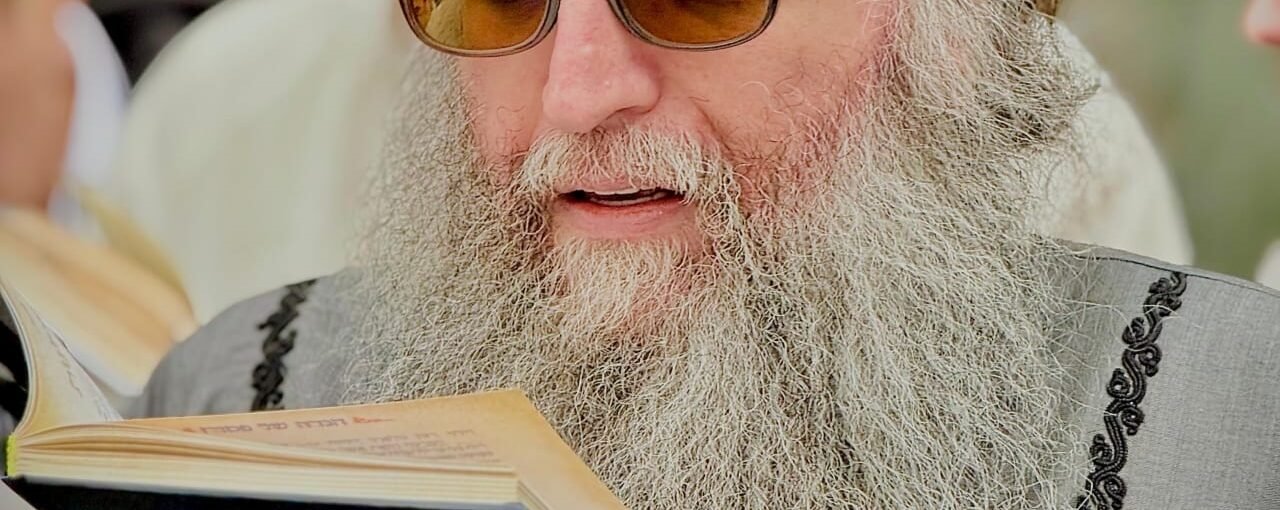“A prominent Rosh Yeshiva once promised a student to attend his son’s wedding. When he couldn’t make it, he sent another rabbi from the yeshiva in his place. That rabbi conducted the wedding and stayed throughout the entire evening. When people asked why he stayed so long, he replied: ‘I was sent by the Rosh Yeshiva, and the agent is like the one who sent him. I felt that during those hours, I was carrying his presence, so I wanted to remain a little longer – to continue experiencing that merit.’”
It is a simple yet profound message. When one lives with a sense of divine mission – even daily tasks become channels of spiritual purpose. Torah learning, earning a livelihood, raising a family – all of these gain depth and blessing when a person sees himself not as an isolated actor, but as a messenger of God.


